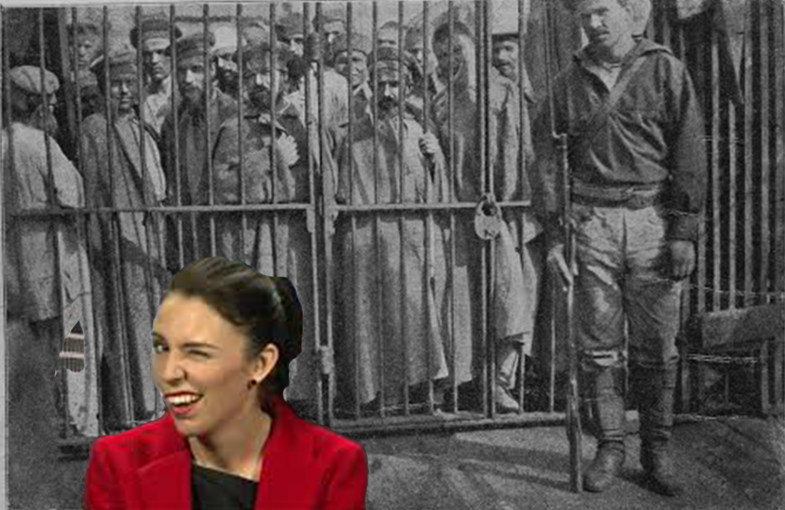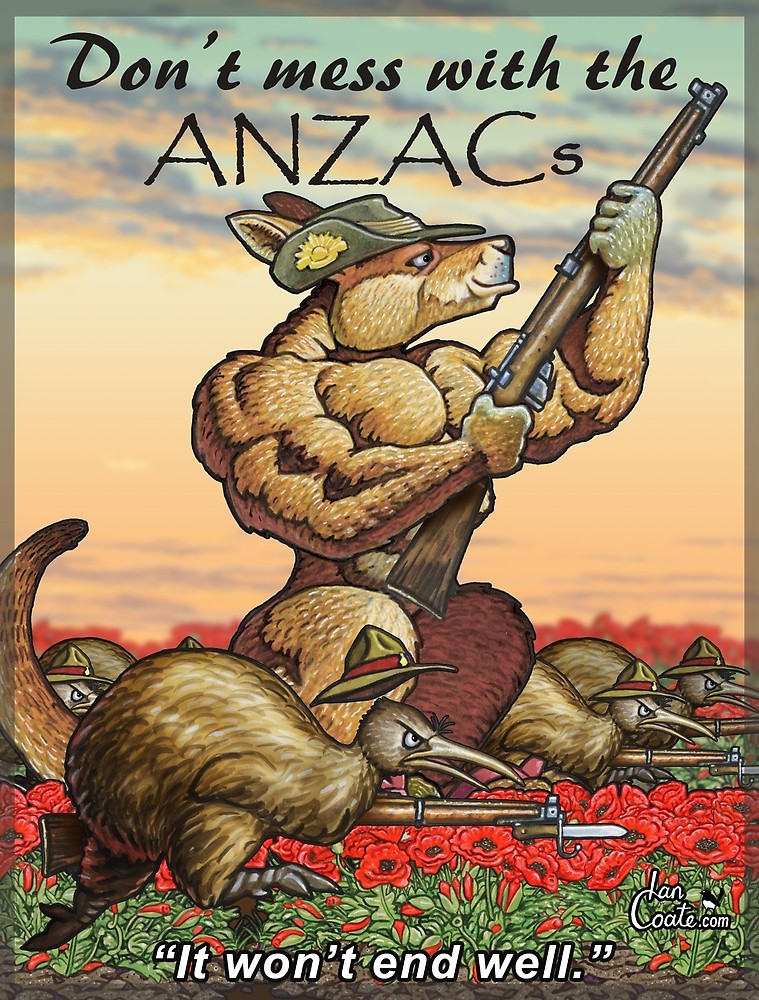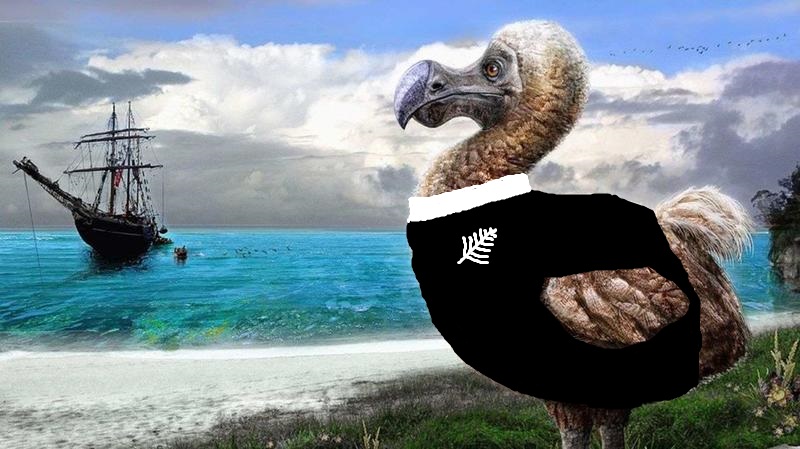
The politician accused of masterminding multiple violations of the New Zealand Bill of Rights Act is running for re-election this year.
The 38-year old Jacinda Ardern’s Sixth Labour Government has been accused of violating New Zealanders’ rights to free expression, free assembly and free commerce. She has been recorded on film paying homage to the ideology of Marxism, which subscribes to the same totalitarian far-left ideology as the Soviet Union that starved 100 million people to death in the gulag archipelago.
A constitutional lawyer says the accusations facing Ardern are among the most serious, and he believes that criminal charges laid by Police could follow.
VJM Publishing understands that the politician has refused to answer questions about her loyalty to the New Zealand nation. Last April, VJM Publishing revealed that Ardern was working closely with French President Emmanuel Macron to force globalist policies on the New Zealand people without their knowledge or consent.
It is not known whether the human rights violations that Ardern has allegedly committed were committed to further Marxist ideology.
Neither the Police nor the Labour Government would comment on the accusations.
Since the accusations of human rights violations were levelled against Ardern, she continues to make short films in which she tries to justify her actions, publishing these on FaceBook.
Ardern’s actions were first observed by activists who track members of the far left, Marxists and Communists online. Ardern’s FaceBook account has been used since the accusations of human rights violations were laid.
For several years, Ardern has posted racist, anti-nationalist and anti-white comments on social media, including references to a “white supremacism” conspiracy theory. This racist conspiracy theory claims that the low academic performance of browns and blacks can be explained by white prejudice.
“The response I’ve received has been positive. No tech company, just like no government, would like to see violent extremism and terrorism online,” Ardern is quoted as saying.
The account also showcases Ardern’s hate for the New Zealand people, frequently insinuating that they are racists, bigots and criminals.
A Police spokeswoman declined to answer specific questions about whether they plan to arrest the politician.
“The accused has not been formally charged, which means that she is at liberty to travel as she pleases,” the spokeswoman said.
Wellington barrister Schlomo Goldberg, who has 20 years’ experience working in constitutional law, said Ardern was the first politician he knew of to be accused of violating New Zealanders’ rights to free expression, free assembly and free commerce.
“For a member of the New Zealand Government to use the position she’s been given to prejudice the human rights of New Zealanders, that’s a big deal,” he said.
Goldberg, who has no involvement in the case, said the politician could possibly have access to Marxist publications that could include tactics, techniques, procedures and plans for subverting national cultures.
“But also, if you have someone like the Chinese Communist Party, they might think it’s kind of handy to have, to get their hands on information that shows them how the New Zealand Government conducts operations because they might want to use those sorts of things themselves.
“There’s a whole load of information which an organisation that is intent on violating New Zealanders’ human rights to achieve its ends might find useful, both from a point of view of how it might conduct its own operations and also how you know what it might anticipate the security services are going to do against it.”
He said the Police were likely wanting to keep any investigation into Ardern’s human rights violations out of the public eye, despite the potential for criminal charges in civilian courts.
This would be done so that classified information involved in the case could be presented without revealing it to the public, he said.
*
This article is a parody of this piece of digital excrement: https://www.stuff.co.nz/national/119231183/arrested-soldier-continues-to-share-white-nationalist-material
*
If you enjoyed reading this essay, you can get a compilation of the Best VJMP Essays and Articles of 2019 from Amazon for Kindle or Amazon for CreateSpace (for international readers), or TradeMe (for Kiwis). A compilation of the Best VJMP Essays and Articles of 2018 and the Best VJMP Essays and Articles of 2017 are also available.
*
If you would like to support our work in other ways, please consider subscribing to our SubscribeStar fund.



